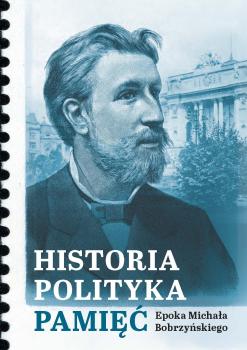Michał Bobrzyński jako namiestnik Galicji – między teorią a praktyką polityczną ……….35
Synopsis
This paper analyzes Michał Bobrzyński’s activities as governor of Galicia in the years 1908–1913 in the context of his theoretical views on the state and administration. Referring to Bobrzyński’s work, including his fundamental work Dzieje Polski w zarysie (A Brief History of Poland), the author presents his vision of strong, centralized power as a guarantor of state stability and efficiency. Bobrzyński, as a representative of the Krakow school of history and the Stańczyk circle, preached the need to build a modern state administration capable of counteracting anarchy and social chaos. The work presents his activities as administrator of Galicia, with particular emphasis on the reform of the structure of the governorate, the reorganization of offices, and attempts to increase the effi ciency of local starosties. However, the central point of the analysis is the attempts to resolve national issues, especially the Polish-Ukrainian conflict. Bobrzyński, representing a conciliatory political line, attempted to carry out a reform of the electoral law, which was to increase the participation of Ukrainians in the National Sejm. Despite support from Vienna, his actions were met with fierce opposition from conservative Polish circles, the National Democracy, and the episcopate. The failure of the reform and the lack of sufficient political support led to his dismissal in 1913. The work highlights the discrepancy between Bobrzyński’s ideological conservatism and the political realities of multi-ethnic Galicia, as well as his limited scope for action within the Habsburg power structure. The study aims to capture the tension between the theoretical model of strong authority and the practice of governing a province with a complex national and political character





